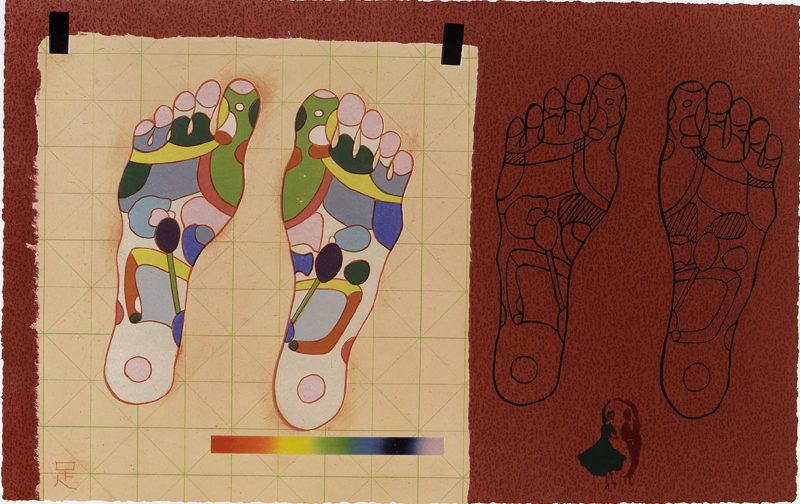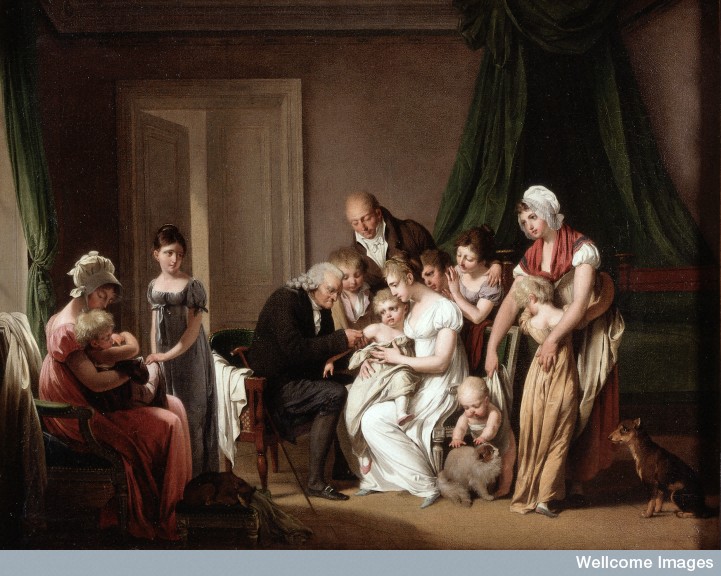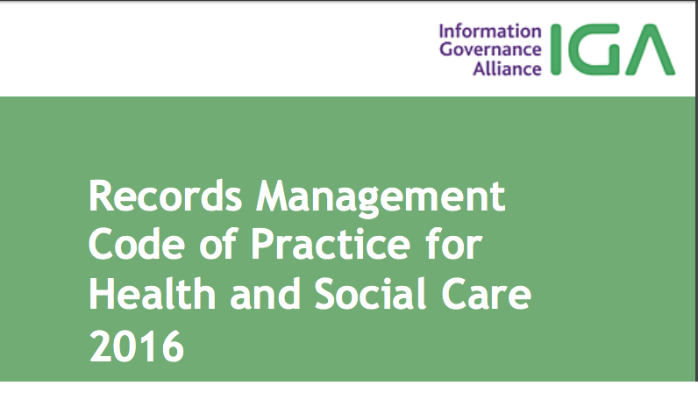Workshop on wearable medical device data, 23 July, King’s College London
Posted onWorkshop on wearable medical device data
23 July 2018, 09.30-16.00
Great Hall, King’s College London
The Health Archives and Records Group is hosting a free, day-long workshop on data collected by wearable medical devices. These range from simple blood pressure monitoring devices used by keep-fit enthusiasts to clinical equipment used in the more complex care of patients with chronic, difficult to manage conditions such as Type 1 diabetes and lung disease. This is a rapidly evolving technology with major sensitivity concerns, and so records managers and archivists with responsibility for health related data in the NHS, private health care, pharmaceuticals, university and other sectors may find this workshop particularly useful.
The day will include quick-fire talks from device manufacturers and service providers, records managers, researchers, policy advisors and others, and will cover the creation and management of data, ethical and legal concerns, storage, digital preservation and re-use of data for research or other purposes. There will also be practical sessions, discussion and debate around current issues, likely future developments and next steps for the implementation of appropriate and sustainable standards and protocols around this data.
Confirmed speakers to date:
Dr Natalie Banner (‘Understanding Patient Data’ project, Wellcome Trust)
Professor Patricia Grocott (Professor of Nursing Technology and Innovation, King’s College London)
Dr Martyn Harris (Institute of Coding, Birkbeck University)
Tim Kendall (UK Caldicott Guardian Council and Chair of the London Caldicott Guardian Network)
Dr Rebecca Lynch (Research Fellow (Medical Anthropology), London School of Hygiene and Tropic Medicine)
Russell Joyce (Health Sciences Records and Archives Association)
Chris Robson (Entrepreneur and CEO of ‘Living With…’ condition management platform)
Full programme and further details to follow.
If you are interested in booking one of the remaining places at the event, please contact Clare Button at Clare.Button@ed.ac.uk





